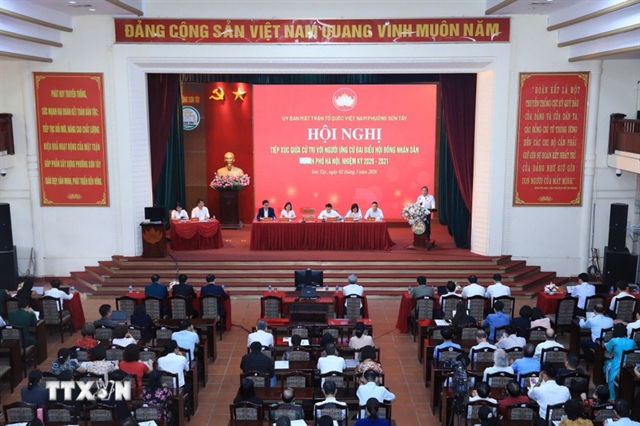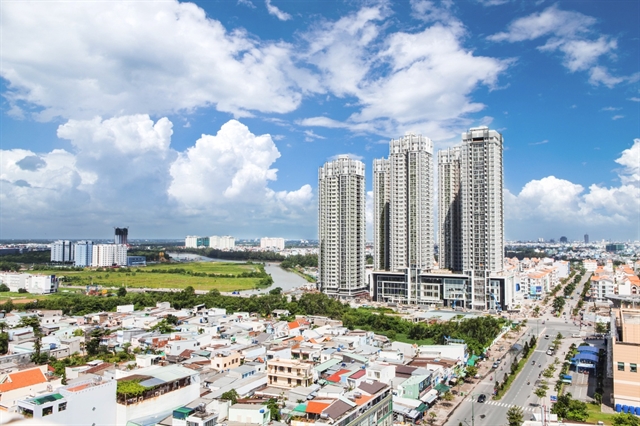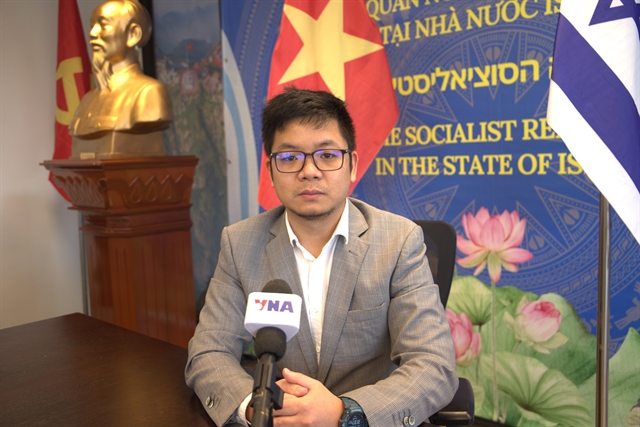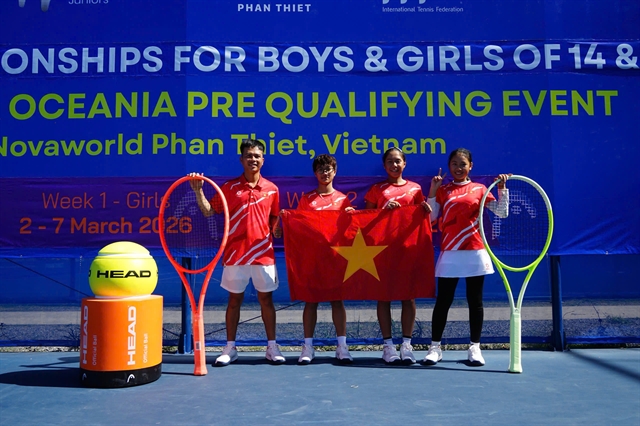 Economy
Economy


|
| Việt Nam needs to renew the real estate market to attract more foreign investors. Photo baodautu.vn |
HÀ NỘI – Việt Nam needs to renew its real estate market to attract more foreign investors and increase the quality of foreign direct investment (FDI) in the sector, according to experts.
Director of Jones Lang LaSalle (JLL) Vietnam, Đặng Văn Quang said regulatory reforms will help improve transparency, making Việt Nam's real estate market more attractive to foreign investors.
This is because finding available land areas for investment will be a challenge for developers and investors next year, he said.
Authorities need to continue reforms of administrative procedures to support foreign investors pouring capital to Việt Nam, according to experts.
With the Government's efforts in proposing, issuing and implementing policies to encourage investment as well as improving the legal framework, investment in Việt Nam's real estate market is expected to grow in all segments, especially in FDI capital.
"The growth is expected to happen in all segments and the industry will be the hottest sector this year, driven by the movement of foreign enterprises to Việt Nam and the positive impact from large trade agreements, like the CPTPP and EVFTA," Quang was quoted by the Nhà báo & Công Luận (Journalist and Public Opinion) newspaper as saying.
According to Lê Hoàng Châu, chairman of the HCM City Real Estate Association FDI is really important. As production moves to Việt Nam, capital flows also shift into industrial, offices and housing property. Therefore, enterprises should be encouraged to build cooperative relationships with foreign partners.
JLL Vietnam’s representative also said foreign investors had continued to show strong interest in Việt Nam's real estate market. However, the long approval process for projects might now affect new developments this year and beyond.
Economist Nguyễn Trí Hiếu said some local businesses had restructured sharply to list on the stock market and cooperated with many foreign investment funds to take part in project implementation. This showed domestic real estate firms needed foreign capital.
However, Hiếu said that it was still necessary to screen foreign investors because some enterprises that did not have enough capital often asked to reduce the project scale and extend the schedule to keep licences and land use rights.
"State management agencies need to re-evaluate projects that are slow or withdraw projects to find investors who have sufficient capital and ability, avoiding wasted land and money," Hiếu said.
According to Quang Việt Nam is still one of the most popular destinations in Southeast Asia for foreign investors. This is due to the Government's investment incentives, political stability and economic growth. Việt Nam has also been proactively improving transparency in the real estate market.
The experts said foreign investment had helped the domestic real estate industry witness positive changes, including diversified designs. It had also helped the market be more transparent and increase competitiveness, quality, utilities, services, technology and operational management.
However, merger and acquisition (M&A) deals in the real estate sector have faced difficulties, including a decision to stop the approval of new projects in HCM City to review licensing, according to Quang. This means investment opportunities are lost.
In addition, the State Bank of Việt Nam’s tightened capital policies for the real estate market have also affected the M&A deals for domestic investors.
Property research and consultancy companies said foreign investors from Japan, Korea, mainland China, Hong Kong and Singapore have poured the most capital into high-end and luxury apartments.
According to the M&A Vietnam Market Report 2018-19, Japanese investors have been tending to shift their attention from the finance and consumer goods sector to real estate in 2018-19.
Among them, the deal between Sumitomo Corporation and BRG Group of Vietnam was granted an investment certificate for the Smart City Project in Đông Anh District, Hà Nội, with total registered capital of US$4.14 billion.
In the first eight months of this year, foreign investors poured most into the manufacturing and processing sector totalling $15.7 billion, or 70 per cent of the nation’s total FDI. This was followed by real estate with $2.32 billion or 10 per cent, and the wholesale and retail industry with $1.2 billion or 5.2 per cent, according to the Foreign Investment Agency. - VNS




